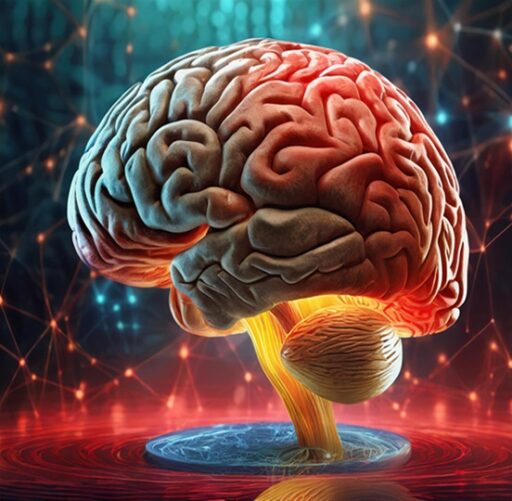Traumatic Brain Injury Awareness Month, a major event in the public health space, is coming up in March. A newly released scientific report, appearing in the Feb 2024 issue of BMC complementary medicine and therapies, provides a comprehensive assessment of how Tai Chi and Qigong can help treating traumatic brain injury, calling this benefit a new frontier for these two exercises.
According to Brain Injury Association of America, there are more than 5.3 million individuals in the United States who are living with a permanent brain injury-related disability. That’s one in every 60 people. At least 2.8 million Americans sustain traumatic brain injuries in the United States every year.
Traumatic brain injury (TBI) adversely affects both young and old and is a growing public health concern. The common functional, psychological, and cognitive changes associated with TBI and recent trends in its management, such as recommending sub-threshold aerobic activity, and multi-modal treatment strategies including vestibular rehabilitation, suggest that Tai Chi/Qigong could be beneficial for TBI.

Tai Chi and Qigong are aerobic mind-body practices with known benefits for maintaining health and mitigating chronic disease. Up until now, no systematic review had been published assessing the safety and effectiveness of Tai Chi/Qigong for traumatic injury. This gap is now filled by the report co-authored by the scientists from University of Ottawa, Hong Kong Baptist University, Nanyang Technological University, Singapore, and University of Toronto.
All people with mild, moderate, or severe TBI who were inpatients or outpatients were included. All Types of Tai Chi and Qigong, and all comparators, were included. All measured outcomes were included. The research team chose “return to usual activities” as the primary outcome measure as it was patient oriented. Cochrane-based risk of bias assessments was conducted on all included trials. The quality of evidence was assessed using the grading of recommendation, assessment, development, and evaluation (GRADE) system.
Five trials were assessed; three randomized controlled trials (RCTs) and two non-RCTs; only two trials were conducted in the last 5 years.
Based on the consistent finding of benefit in the four Tai Chi trials, including one RCT that had a high level of certainty, there is a sufficient signal to merit conducting a large, high quality multi-centre trial on Tai Chi for TBI and test it against current trends in TBI management. Based on the one RCT on TBI and Qigong, an additional confirmatory RCT is indicated.
Further research is indicated that reflects current management strategies and includes adverse event documentation in both the intervention and control groups. However, these findings suggest that, in addition to Tai Chi’s known health promotion and chronic disease mitigation benefits, its use for the treatment of injury, such as TBI, is potentially a new frontier.